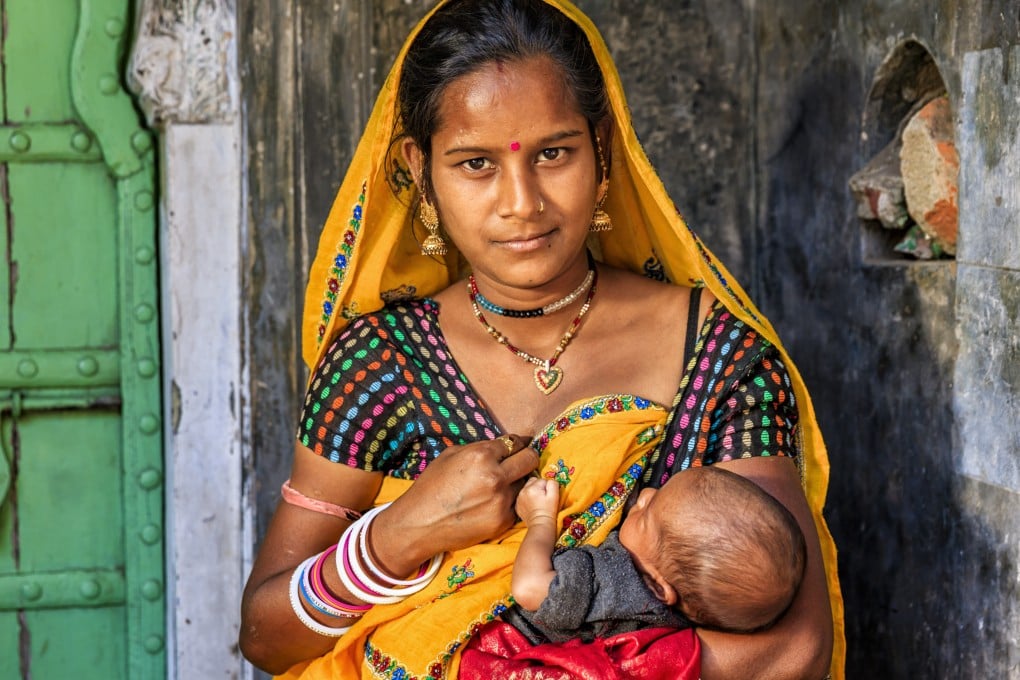The women helping mothers tackle breastfeeding problems
- During World Breastfeeding Week 2023, we speak to women supporting mothers in overcoming challenges related to breastfeeding
- Among the most common problems is mothers not understanding how to feed babies with ‘tongue tie’ optimally, leaving their young ones cranky and undernourished

The World Alliance for Breastfeeding Action launched the World Breastfeeding Week campaign – held every year from August 1-7 – in 1992, to encourage this healthy practice and raise awareness of its many benefits. Since 2016, the crusade has also aligned with the United Nation’s Sustainable Development Goals to focus on breastfeeding’s importance.
During the first six months of life, breastfeeding is especially critical, studies suggest. It helps to prevent diarrhoea and pneumonia in newborns, two major causes of infant mortality. And mothers who breastfeed have a reduced risk of ovarian and breast cancer, two leading causes of death among women.
Despite these and many other benefits, no country fully meets the recommended standards for breastfeeding, Unicef and the World Health Organization say.
The Global Breastfeeding Scorecard 2022 found that only 48 per cent of children worldwide younger than six months are breastfed exclusively (given nothing but breast milk) – though this figure is 10 percentage points higher than a decade ago – and that while 70 per cent of women continue to breastfeed their infant for at least one year, by two years of age, breastfeeding rates decline to 45 per cent.

Experts blame several factors, such as misinformation about the topic, the lack of skilled nursing staff to coach new mothers, and a decline in the ability of family members to help new parents overcome challenges.
A lack of legislation does not help. While strong laws exist to support maternal mortality and health, experts say, no such laws exist for lactation, which leads many women to quit their careers during the breastfeeding years.
